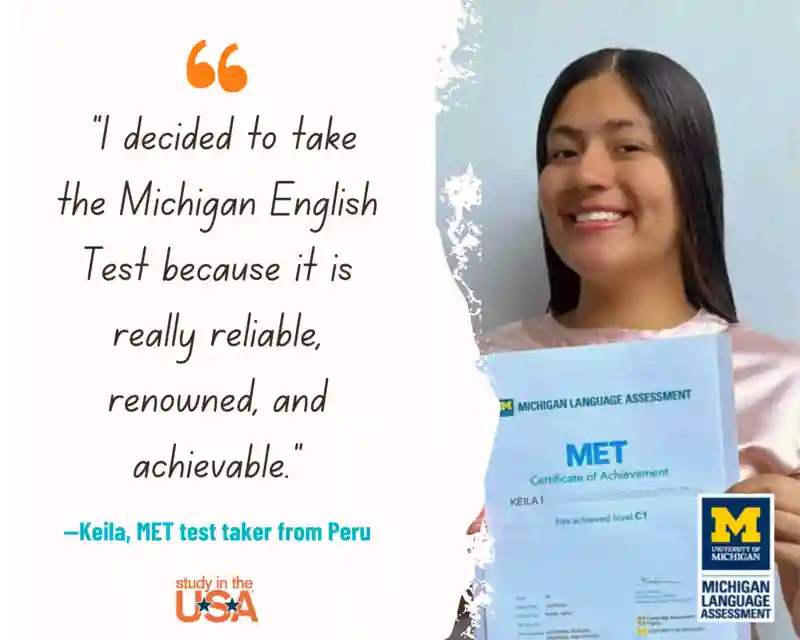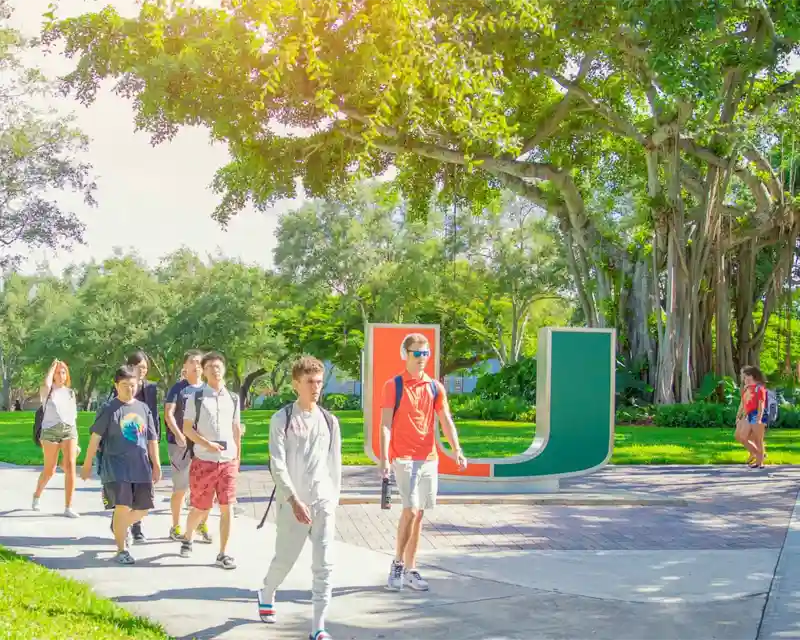So You Want a Career in STEM?

By Jazmin Wright and Dr. Darren Lipscomb
The broad fields of science, technology, engineering, and mathematics (STEM) are some of the most popular in the world. In turn, colleges and universities throughout the United States offer a variety of STEM related programs. The United States’ National Center for Education Statistics reports that, in 2017, one in five undergraduates were awarded a bachelor’s degree in a STEM related field1. NCES also reports that the most popular STEM fields are health professions and related programs, biological and biomedical sciences, and engineering and computer and information sciences2.
Considering the popularity of STEM and the number of STEM-related fields to choose from, students typically face the initial challenge of deciding what area of STEM to study, paying for increasingly expensive STEM programs, and getting an early start on competing in the job market. Our recommendation is to start your journey at a community college.
Decreasing the Cost of College
At an average annual cost of more than $30,000 USD3, college is expensive. This doesn’t include the cost of housing, transportation, books or day-to-day expenses. Students, however, save anywhere from $18,000 USD to $54,000 USD by completing the first two years of their college education at a community college. The revenue and spending structure at these institutions allows community colleges to offer students tuition rates that are generally half the price of the average college or university in the United States. Payment plans at these institutions make paying for college even more reasonable. After studying at these institutions for two years, you can transfer to a four-year institution to finish the remaining two years of your bachelor’s degree. While scholarships can help cut costs at community colleges and four-year schools, the amount of money schools are willing to give you is not nearly as important as how much you’ll still have left to pay.
Which STEM Field to Study
While the previous paragraph highlights an obvious benefit, identifying an area of study that’s right for you may be a bit more challenging. We recommend identifying what about STEM interests you, talking it over with family, and doing your research. If you’re still in school, schedule some time to meet with your counselor or teacher. Let them know which programs seem to match your interests or, if you’re undecided, get their feedback on which programs might be of interest to you. Your counselor or teacher may be able to provide you with helpful advice and can even connect you to people that work in the fields you’re interested in. Your family could play a similar role, and they may be able to provide you with perspectives that you never considered. Searching the internet for information about these fields or contacting an admissions officer at a community college with which you’re familiar can also help.
The Job Search: Getting an Early Start
A search for information around the job market for the STEM related fields you’re interested in, and even taking a look at current job postings in your areas of interest, can serve as useful tiebreakers in deciding on a program of study and helping you to get an early advantage in competing for jobs upon graduation. You want to find out if the STEM fields you’re interested in are expected to see job growth, what jobs are currently available in the field, what the job responsibilities typically include and what skills they want you to have upon applying. This will help you to figure out what skills to hone while in college, learn about companies that are hiring, and how lucrative your fields of interest are.
Transferability
Another variable that students consider when they’re exploring the possibility of beginning their pursuit of a STEM degree at a community college is transferability. In addition to being more affordable than most four-year colleges and universities throughout the United States, programs at community colleges are typically highly transferable. An added benefit of graduating from these institutions is that students who complete their programs of study at community colleges may qualify for guaranteed admission into four-year colleges and universities. Delaware County Community College, for example, offers guaranteed admission into 25 colleges and universities. However, Delaware County Community College graduates transfer to colleges and universities around the world.
STEM at Delaware County Community College (DCCC)
The most sought-after STEM programs among international students at DCCC are computer science, engineering, and mathematics and natural science. These programs are based in the college’s $60 million USD STEM Complex, which opened in 2010 and includes a four-story 105,000-square-foot STEM center with mathematics, science, and engineering classrooms and laboratories. Coupled with award-winning faculty, transferability, and affordable tuition, these programs meet the needs of students interested in pursuing a bachelor’s degree and/or seeking employment after graduation.
Computer Science
The college’s computer science program is a two-year preparatory curriculum for students who plan to continue their education at a four-year institution and complete their major in the computer science field. While enrolled, students will complete coursework centered on developing and testing computer programs, the creation of single-user applications and algorithm design and refinement, among other areas.
Engineering
The college’s engineering program provides students with a two-year preparatory curriculum. The program allows students to complete the final two years of their bachelor’s degree at a four-year institution in one of the professional engineering fields, such as chemical, civil, computer, electrical or mechanical engineering.
Mathematics and Natural Science
The mathematics and natural science program is designed to provide the foundation for students who plan to attend a four-year institution and major in mathematics or one of the sciences such as biology, chemistry, astronomy, geology or physics. Degrees and careers in fields such as medicine, dentistry, biology, statistics, mathematics and kinesiology all begin with the courses found in the college’s mathematics and natural science program.
Jazmin Wright and Dr. Darren Lipscomb
Get matched to the best program for you
Let us know what you're looking for so we can find the best school for you.
Useful Articles
Check Out These Schools

Delaware County Community College
$10,000 — $15,000 Year



Los Angeles City College
Typical cost per Semester: $1,000—$5,000

Related Stories
Start your U.S. adventure with Study in the USA

Learn About U.S. education financing, housing, and more
Resources
Learn about American culture and education direct from our experts at Study in the USA. Read more











